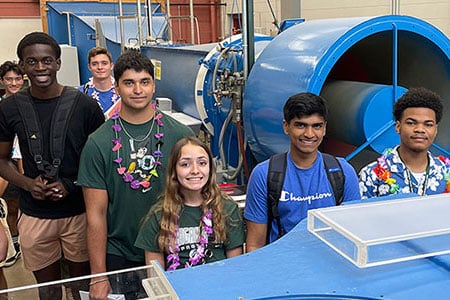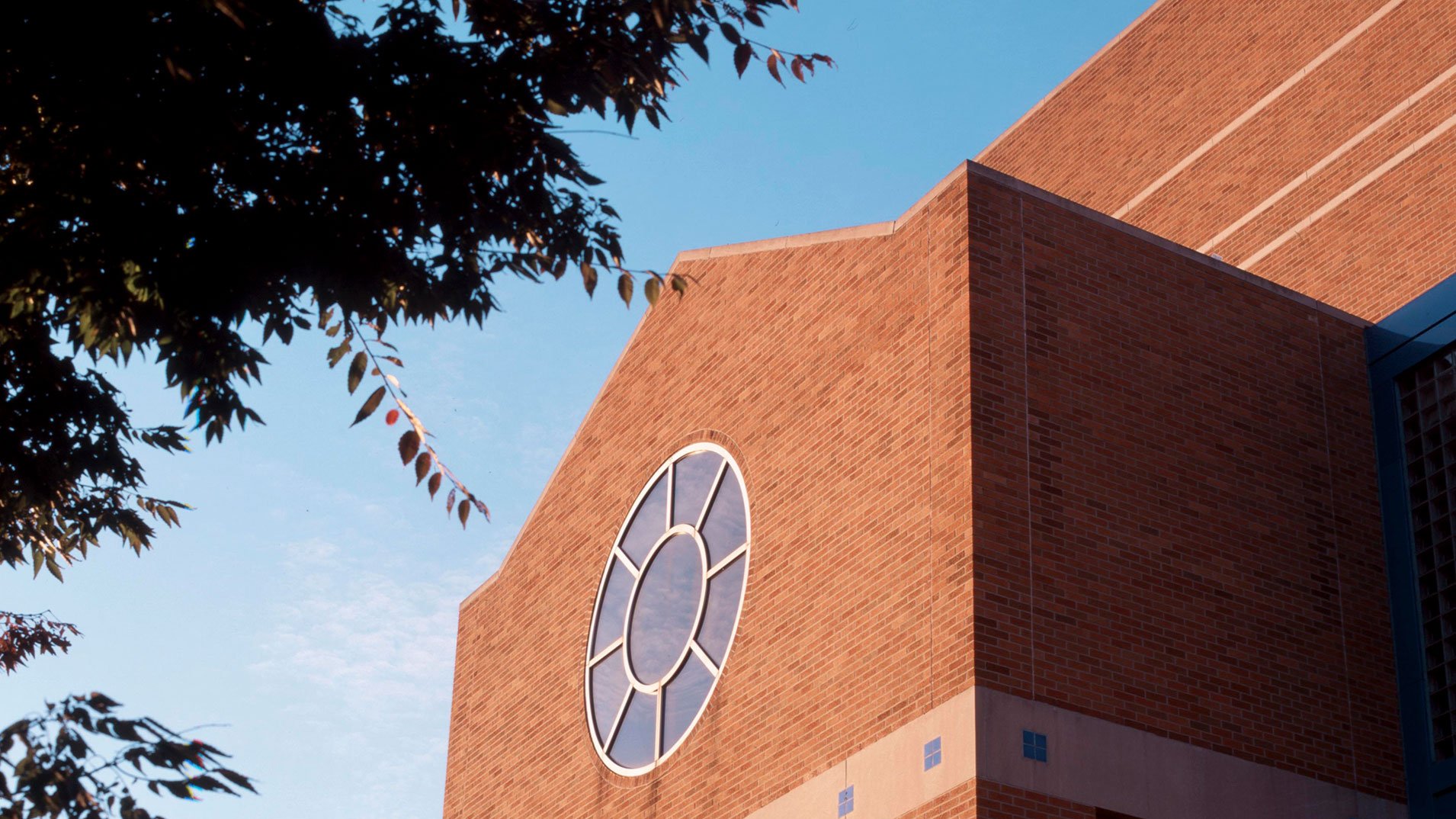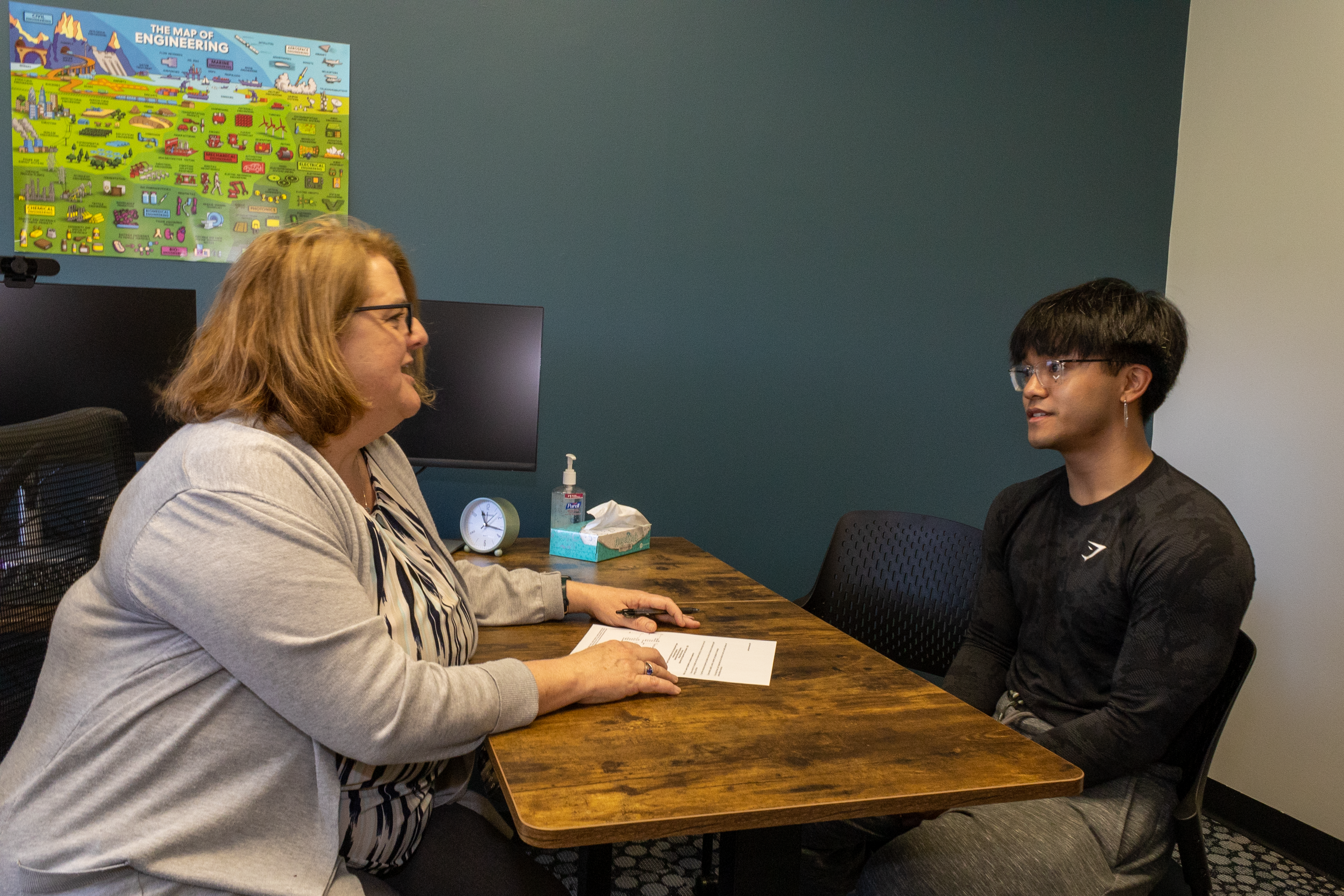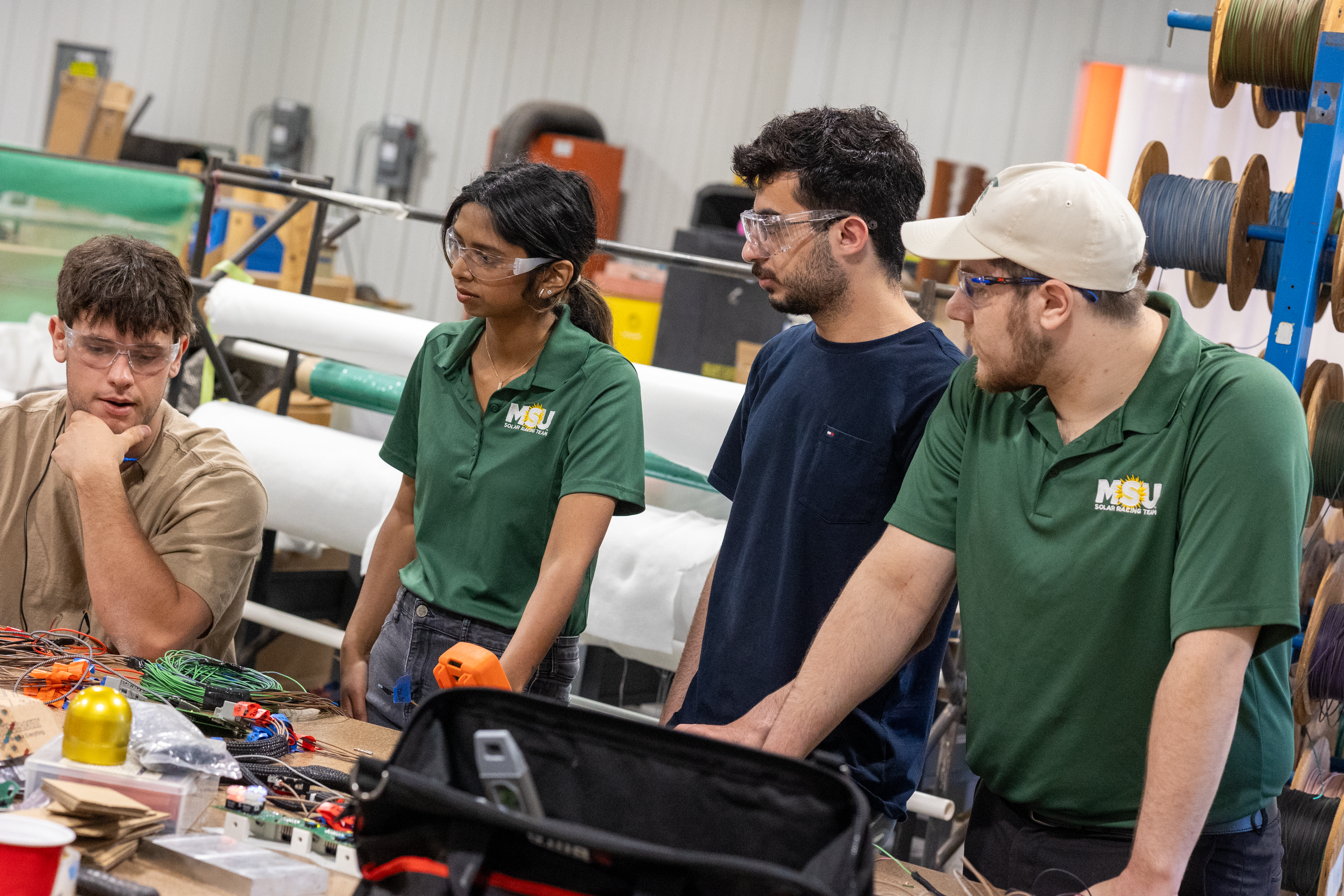Four projects at the Michigan State University College of Engineering are helping advance research and creative activity in math education, biometric recognition, and cutting-edge medicine.
Transforming the grading of complex math problems
MSU researchers, with the help of a two-year, $720,000 grant from the Gates Foundation, are working to transform the grading of complex math problems.
Led by MSU Foundation Professor Jiliang Tang from the Department of Computer Science and Engineering, the project will strategically combine cutting-edge generative artificial intelligence (GenAI) with individual instructors’ grading styles. The results will blend the personalization and scalability of automated grading, Tang said.
“The outcome will be a powerful tool that not only saves educators time but also ensures that students receive customized, just-in-time, and high-quality feedback,” he said. “The project promises to advance digital innovation in education and more effective teaching and learning in STEM fields.”
Completing the whole-body biometric recognition system

MSU received the third and final phase of funding on its Biometric Recognition and Identification at Altitude and Range (BRIAR) program – an effort to bring facial recognition and AI capabilities to drones.
Three experts from the Department of Computer Science and Engineering are completing a 48-month effort to deliver end-to-end software that generates robust matching, using text, video, audio, and images.
The project is led by MSU Research Foundation Professor Xiaoming Liu, Martin J. Vanderploeg Endowed Professor Arun Ross, and University Distinguished Professor Anil Jain.
Funding on the $12 million federal grant is from the Intelligence Advanced Research Projects Activity, or IARPA. The software will be capable of detecting individuals in severe imaging conditions, extracting biometric signatures such as an individual’s gait, body shape and face, and then fusing the biometric information for identifications.
The Economist reported on the research, “Whole-body biometrics are on their way,” in August 2025.
Creating cutting-edge simulations of heart disease progress
Lik Chuan Lee, a professor of mechanical engineering, is working in collaboration with colleagues from the University of Kentucky for more personalized diagnostics and therapy in cardiovascular medicine. The researchers are building advanced computational models of the heart capable of simulating the development of fibrosis and its adverse changes to cardiac structure and function in heart failure.
The project brings together experts from engineering, computer science, applied mathematics, and physiology to aid in the evaluation of potential treatment strategies.
A $1.2 million, four-year collaborative grant was awarded to the University of Kentucky and MSU by the National Science Foundation.
Cardiovascular disease is the leading cause of death in the United States, and fibrosis - excessive buildup of extracellular matrix fibers in organ tissue - is a key contributor to heart failure. Current projections from the Heart Failure Society of America indicate approximately one in four people will develop heart failure in their lifetime.
Find out more in a related story courtesy of University of Kentucky news.
Unraveling the complexity of single-cell spatial architectures
Nature Communications reported on a new algorithm created at MSU to reconstruct single-cell specific 3D genome architectures that uses incomplete data and smart math to create detailed 3D models of chromosomes.
The computer program, called Tensor-FLAMINGO, helps scientists understand how DNA is folded inside individual cells. Computer models reveal how genes interact and change from cell to cell, which is important for studying diseases such as cancer and understanding how cells work.
The research is being conducted by Jianliang Qian, professor of computational mathematics, science and engineering (CMSE), Jianrong Wang, CMSE associate professor, and Yu Zhang, assistant professor in Microbiology, Genetics and Immunology.
The new Tensor-FLAMINGO algorithm may serve multiple scientific communities and have impacts on understanding the underlying principles of gene regulation by pinpointing the functional genetic variants associated with complex human diseases.
Written by Patricia Mroczek
MSU College of Engineering Media and Public Relations page





